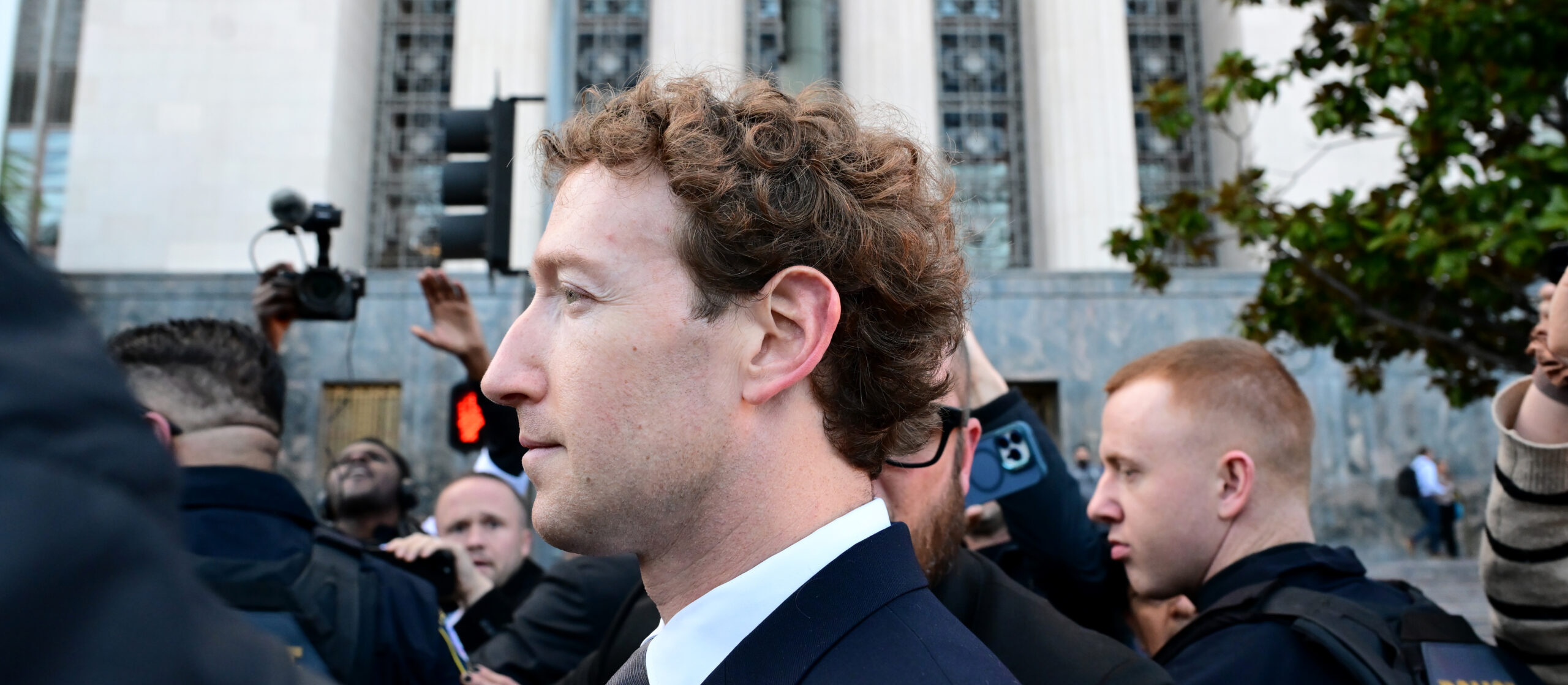Should Christians Be Concerned About an Asteroid Striking the Earth?

Readers of a certain age will remember “Asteroids” – the wildly popular arcade game that made its debut in 1979 and again in 1981 with the release of the Atari 2600 home video game console.
As the story goes, it was Lyle Rains, an executive with Atari, who one day walked into the office of his colleague, Ed Logg, and declared, “Well, why don’t we have a game where you shoot rocks and blow them up?”
In its first year, Atari sold 70,000 arcade cabinets for $150 million and made $500 million in quarters – not a bad start to a franchise that would become synonymous with home video games and an iconic form of entertainment in the minds of a generation.
NASA officials won’t be dropping any quarters in slots tonight, but it will be playing the biggest and most audacious game of “Asteroids” yet as it sends its 1300-pound spacecraft hurtling at 14,000 mph seven million miles away from earth into a 525-foot-wide asteroid called “Didymos.”
“For the first time ever, we will measurably change the orbit of a celestial body in the universe,” shared Bobby Braun, chief of space exploration at the Johns Hopkins University Applied Physics Laboratory in Laurel, Md.
Why are they doing this?
The goal is to confirm science’s ability to protect the earth from the potentially devastating impact of an asteroid strike. According to space officials, were a rock the size of Didymos to strike earth, it would cost billions of dollars in damage and result in the deaths of countless people.
Scientists have long speculated and warned about the doomsday dangers of asteroids. In fact, we know that in 2013, an asteroid exploded in the air above the city of Chelyabinsk, Russia. It was reported to have unleased the equivalent of 500 kilotons of TNT. Another one exploded in Tunguska, Russia back in 1908. According to the data collected, the explosion was 1,000 times more powerful than the “Little Boy” atomic bomb that was dropped over Hiroshima in 1945. The 1908 explosion took out 80 million trees.
So, asteroids pose no idle threat, to be sure. But as believers in a sovereign God, should we be worried about them causing a fatal blow?
“Worry is a cycle of inefficient thoughts whirling around a center of fear,” said Corrie Ten Boom.
Henry Ford agreed, once reflecting. “With God in charge, I believe everything will work out for the best in the end.”
I’ve heard some Christians speculate that the Bible alludes to the threat of an asteroid strike, even going so far as to suggest such a blow could be the means by which God brings about the end of the world. After all, what else could bring down mountains?
Some point to Jesus’ own words, quoted in the Gospel of Matthew (24:29-30):
“Immediately after the tribulation of those days the sun will be darkened, and the moon will not give its light, and the stars will fall from heaven, and the powers of the heavens will be shaken. Then will appear in heaven the sign of the Son of Man, and then all the tribes of the earth will mourn, and they will see the Son of Man coming on the clouds of heaven with power and great glory.”
But does that really prophesize an asteroid strike? Nobody knows.
Clearly, the Lord provides technology and intelligence sufficient enough to prepare and protect us, for at least as long as He has work on earth for us to do.
For now, though, we might marvel at the available means and know-how to attempt such an audacious and bold experiment – at a cost of $325 million.
That’s 1.3 billion quarters, by the way.
ABOUT THE AUTHOR
Paul J. Batura is a writer and vice president of communications for Focus on the Family. He’s authored numerous books including “Chosen for Greatness: How Adoption Changes the World,” “Good Day! The Paul Harvey Story” and “Mentored by the King: Arnold Palmer's Success Lessons for Golf, Business, and Life.” Paul can be reached via email: Paul.Batura@fotf.org or Twitter @PaulBatura




